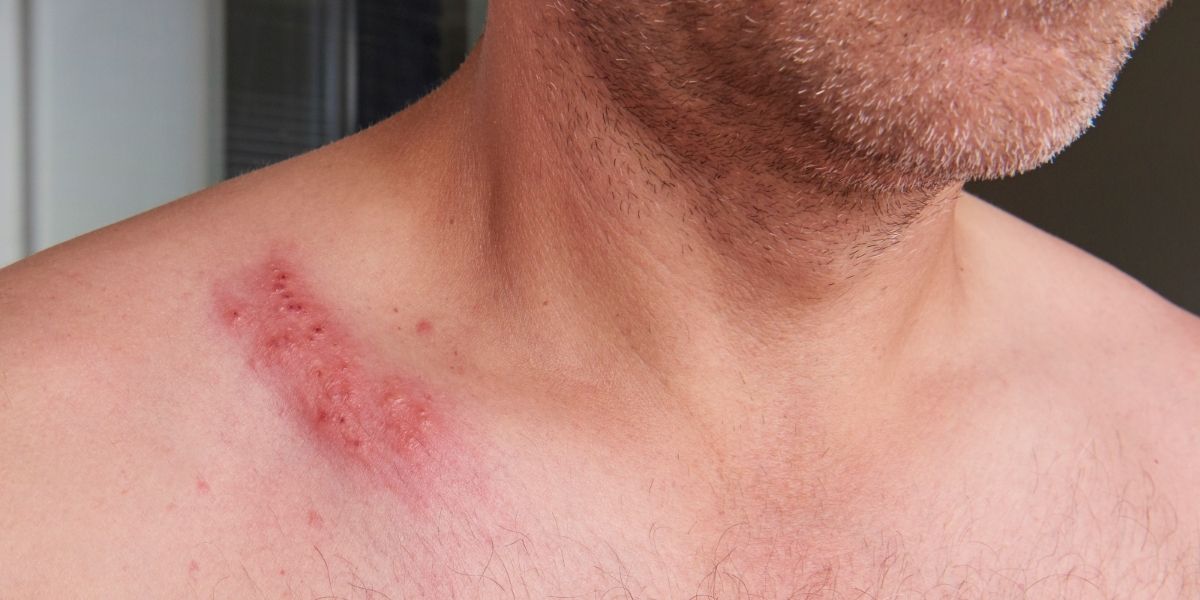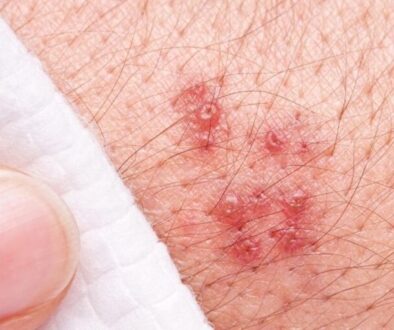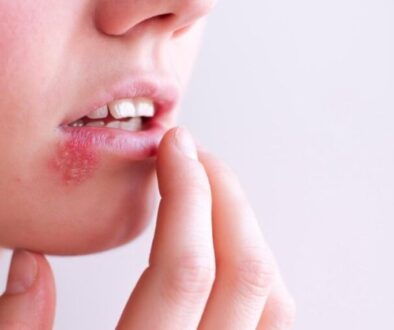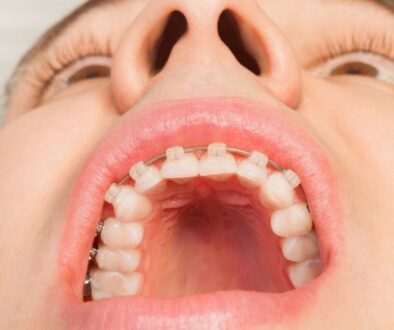Why You Should Take a Herpes Outbreak Seriously

Published Oct 12, 2020
When we think of herpes, what comes to mind are the lesions or blisters that appear around the lip and genital area. These are the typical symptoms that you have a herpes outbreak on your hands (although face and genitals would be more accurate). With the occurrence of herpes being so high, should you be taking an outbreak seriously? Let’s talk about herpes and
Herpes
Herpes is a sexually transmitted disease caused by two main strains of viruses. These include the herpes simplex virus-1 (HSV-1) and herpes simplex virus-2 (HSV-2). Those two are also commonly associated with oral and genital herpes, respectively. However, both viruses are capable of causing both oral and genital herpes.
The common misconception about herpes is that only a select few contract the infection. This notion is a misinformed one, as over 60% of people aged 18-50 will contract herpes. To put that number into perspective, that’s almost two in every three people.
Herpes Outbreaks
Herpes outbreaks will not occur to everyone, and that’s a known fact. Not everyone who contracts the herpes virus will exhibit symptoms. Some people will exhibit symptoms (symptomatic), while others are completely asymptomatic.
For those who do experience outbreaks, the initial outbreak can be quite severe, especially compared to the succeeding ones. Those symptoms may show within days of sexual exposure, with the most telling of signs being cold sores or genital lesions. During their first herpes outbreaks, most people will experience flu-like symptoms too, including fever, chills, sore throat, and body aches. If you’re exhibiting these symptoms, it would be best to get yourself checked immediately to diagnose the underlying condition.
The frequency of outbreaks in symptomatic cases vary. Some may experience several episodes in one year, while others will have one every few years. There are also risk factors, both emotional and physical, that contribute to this frequency. Emotional triggers include excessive stress and life-changing events. Physical risk factors include the following:
- Infection (fever or cold)
- Physical injury
- Dental surgery
- Menstruation
- Changes to the immune system
- Excessive exercise

What happens if herpes outbreaks are left untreated?
More than not, people who experience herpes outbreaks experience more embarrassment than anything. If left untreated, herpes outbreaks can last longer and become more severe. This means that pain, itching, and burning sensations may last longer and become more painful.
Will it become life-threatening?
That’s highly unlikely. It’s only in rare cases, involving immunosuppressed patients that herpes regresses. An incredibly rare case where herpes reaches the brain is called encephalitis. In most cases, more severe cases happen more often to infants than in adults.
The most concerning risk of leaving herpes outbreaks untreated is that you will be more infectious for the duration. The liquid from these lesions are highly contagious, and you should refrain from having oral and sexual contact when they’re present.
How do you treat herpes symptoms?
Herpes symptoms are generally treated through both natural remedies and antiviral medication. Remember, there is no cure for the virus itself, but you can treat the symptoms to make your life much more comfortable. In living with herpes, you will have to make a few lifestyle changes to keep up with its effects on you. Here are some natural remedies and antiviral medication you’ll want to adopt.
- Warm compresses may help in reducing pain and swelling in sores.
- Cold compresses or ice packs may also have the same effect as warm compresses in relieving pain and swelling.
- Baking soda paste made out of mixing a little water and pure baking soda may help dry out cold sores.
- Avoid acidic or salty foods, as these foods can irritate your sores further and damage them further.
Next up, you have a few dietary changes you’ll want to apply to help build up your immune system. You’ll want to have a diet rich in the following nutrients:
- Antioxidant-rich vegetables
- Omega-3 fatty acids
- Protein
- Vitamin C
- Zinc
- Lysine
- Vitamin B complex
You should also think about making a few lifestyle changes, such as:
- Get moving. Physical activity helps in relieving stress and boosts your overall health.
- Get ample sleep. The more well-rested you are, the better you will be at handling and managing stress.
- Balance your diet. Increase your intake of the nutrients listed above, and make sure you’re hitting a healthy amount of macronutrients every day.
- Relax. Stress will aggravate and induce herpes outbreaks. Find ways to relax and meditate so that you can relieve stress.
For genital herpes, many people take antiviral medication to manage outbreaks. The three major drugs commonly used to treat genital herpes symptoms are Acyclovir (Zovirax), Famciclovir (Famvir), and Valacyclovir (Valtrex).
Suffering From Herpes Type 2 Outbreaks?
Herpezine is a specially formulated all-natural mixture of ingredients proven to help relieve and prevent HSV2 outbreaks when used as directed. This safe, over-the-counter Herpes treatment contains both traditional homeopathic and scientifically proven anti-viral ingredients such as L-Lysine HCI and Bee Propolis. Learn more about Herpezine on our website and visit our pricing page to purchase your first bottle.

About The Author
Terrence Tan Ting is an industrial engineer by profession but a full time writer by passion. He loves to write about a wide range of topics from many different industries thanks to his undying curiosity.






